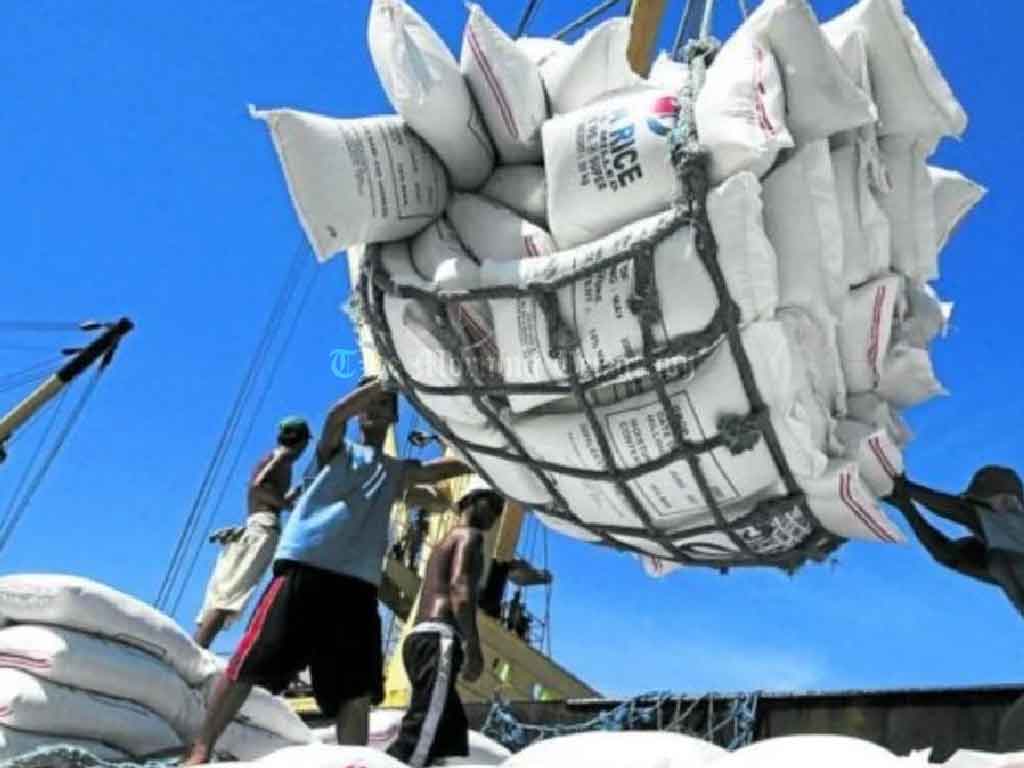
Wholesalers in Pettah are voicing concerns over difficulties in selling imported rice due to a recently issued government gazette that sets a maximum retail price (MRP). They claim that once import duties and associated costs are accounted for, the price per kilogram of imported rice exceeds the government-imposed control price.
Traders explain that the cost includes port handling fees, import duties, and other logistical expenses, all of which drive the final price above the stipulated MRP even before the rice reaches retail markets. This discrepancy has made it nearly impossible for wholesalers to operate without incurring losses.
The wholesalers allege that they proceeded with importing rice stocks based on assurances of tax concessions from the government. However, those promises have not materialized, leaving them in a precarious financial position. Some traders have raised concerns that they may have to halt operations if the situation persists.
Despite multiple discussions with the government, officials have reportedly stated that reducing import duties is not a feasible option. The traders argue that this stance is inconsistent with earlier assurances and has eroded their trust in government policies.
This issue has sparked broader questions about the effectiveness of price control measures, with experts warning that such policies could discourage imports and lead to rice shortages in the domestic market. Wholesalers are urging the government to revisit its policies and offer clear resolutions to ensure the availability of rice at affordable prices without compromising their financial viability.
4o




